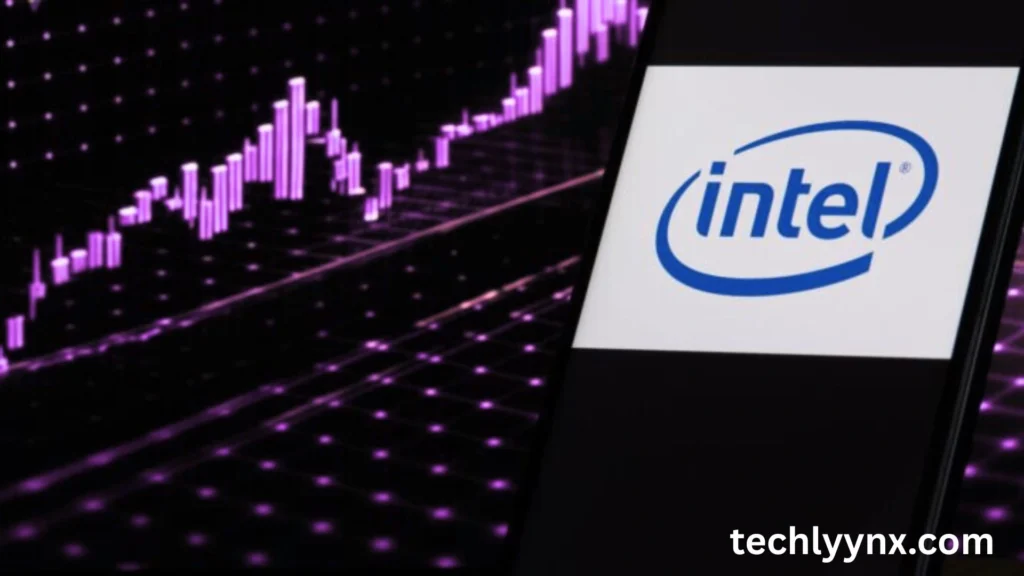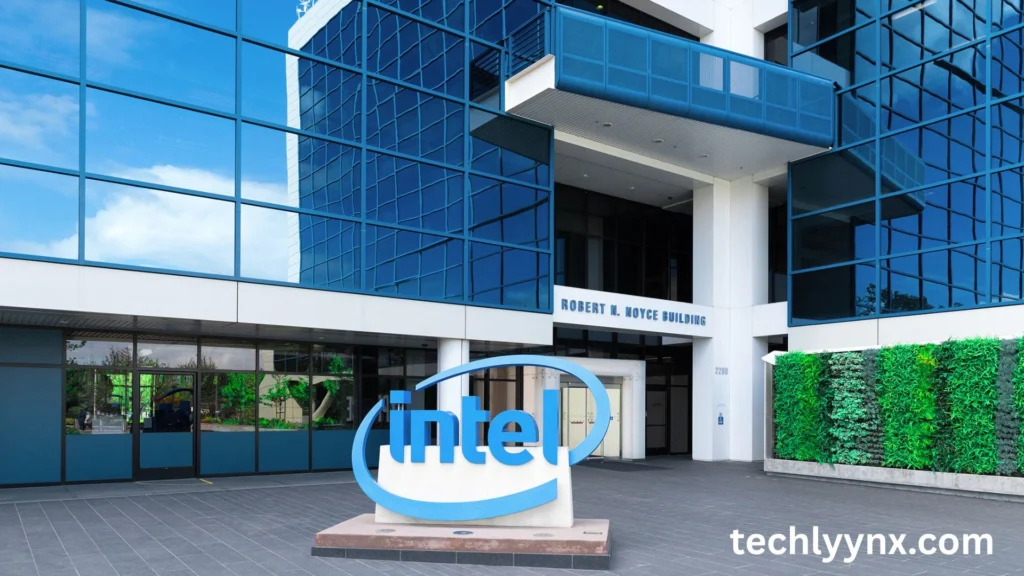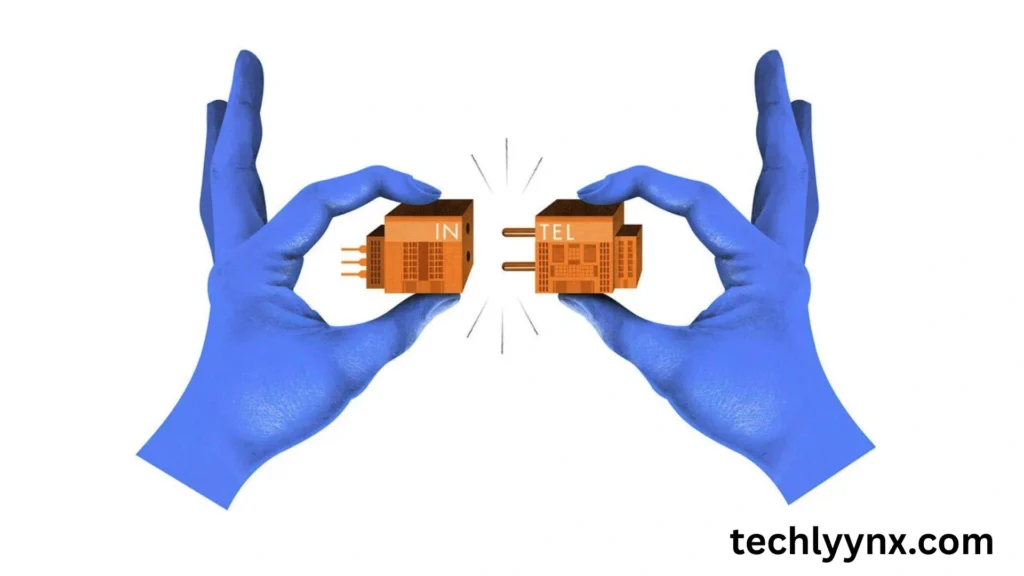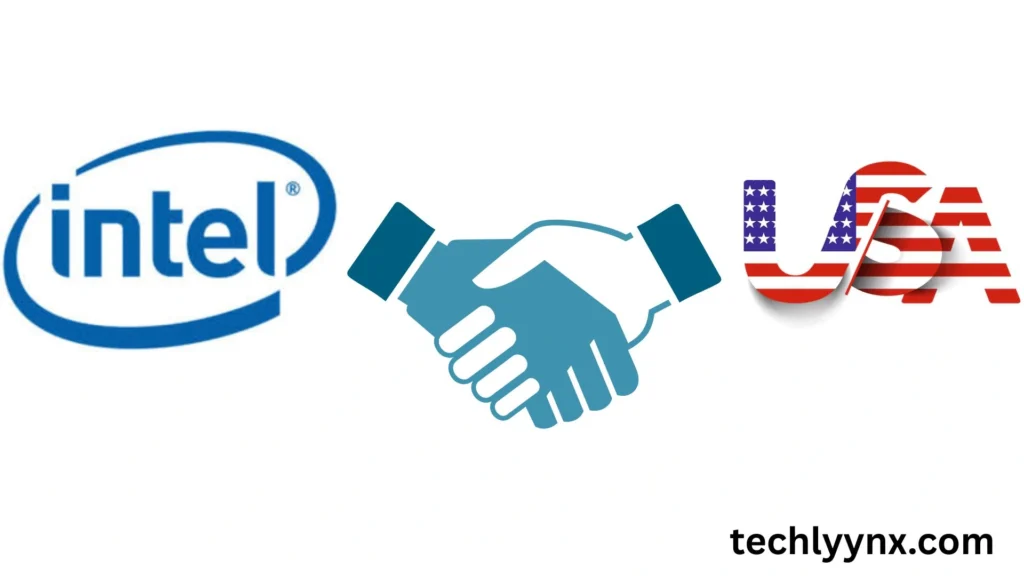The news that the US government may buy stake in Intel has caused a stir in the world’s banking and technology industries. The future of Intel and the whole semiconductor manufacturing industry in the United States could be drastically altered if this possible investment materializes.
Fundamentally, the action appears to be intended to strengthen national security in the face of growing geopolitical uncertainty, secure domestic industrial capabilities, and lessen reliance on foreign suppliers.
This advancement occurs at a time when semiconductors are used in everything from fighter planes and supercomputers to smartphones and electric cars. However, there are obstacles in the way of becoming self-sufficient in semiconductors. The motivations behind this potential acquisition, any ramifications, and the implications for the global tech ecosystem will all be covered in this piece.
Why the US Government May Buy Stake in Intel

The United States has long led in chip design, but in the past 20 years manufacturing has shifted overseas. Samsung and TSMC have become fabrication giants, leaving the U.S. mostly dependent on foreign production. This reliance became clear during the 2020–2022 semiconductor crisis, when supply chain disruptions hit industries from healthcare to automotive.
The government may be able to guarantee that advanced manufacturing technology remains in the United States by purchasing stock in Intel. Despite recent setbacks, Intel is still one of the few businesses that can manufacture cutting-edge processors in the country. By providing funding and potentially influencing strategic choices, the government may hasten Intel’s technological roadmap and help it better compete with rivals throughout the world.
Furthermore, this action is consistent with the larger CHIPS and Science Act of 2022, which provided billions of dollars in incentives and subsidies for American semiconductor production. Having a stake in Intel would show a more active commitment to protecting this vital sector.
Geopolitical Motivations Behind the Decision

Even when the economics are strong, the geopolitical background is just as significant. Semiconductors have become a strategic asset due to the escalating tensions between the United States and China. Everything from sophisticated military systems to commercial electronics depends on chips. So any interruption in supply might have detrimental effects on national security.
To lessen its dependency on Western technology, China has been making significant investments in its own chip industry. In order to restrict China’s access to high-performance processors, the United States has implemented export restrictions on sophisticated chipmaking machinery. Access to chips from foreign vendors may become erratic if ties worsen, turning home manufacturing become a defense preparedness issue rather than merely an economic one.
The United States could have greater control over key production priorities and guarantee. That vital defense-related orders are delivered despite disruptions in the global supply chain if it acquired a stake in Intel.
Economic Implications if US Government May Buy Stake in Intel

From an economic view, the move carries big weight. Intel’s stock could rise quickly as investors trust government backing. Beyond sentiment, new funds could speed up building next-gen fabs in Arizona and Ohio. They are already planned to be among the most advanced in the world.
Additionally, the ripple effects would extend far beyond Intel’s corporate headquarters. Domestic suppliers of semiconductor materials, equipment manufacturers, and even universities conducting chip-related research. Job creation would be substantial, from high-tech engineering positions to skilled trade jobs in fab construction and maintenance.
However, government ownership of a private corporation also raises questions about market competition and the potential for bureaucratic inefficiency. Critics warn that too much political involvement could slow down decision-making or prioritize national objectives over profitability.
Challenges Facing Intel and How Government Support Could Help

In recent years, Intel’s standing as a leader in chip production has suffered some setbacks. Due to the company’s delays in switching to more sophisticated process nodes. The rivals like Samsung and TSMC have been able to overtake it in the production of smaller, more effective chips. These losses have been expensive in terms of money and market share.
Government funding could be beneficial in a number of ways:
- R&D Acceleration: More money might be allocated to Intel’s studies into AI-focused chips, sophisticated lithography methods, and next-generation transistor designs.
- Supply Chain Stability: Domestic sourcing of vital commodities like as silicon wafers and rare earth elements could be given priority .
- Workforce Development: By partnering with federal training programs, the number of qualified semiconductor engineers and technicians might be increased.
Still, government involvement doesn’t automatically guarantee success. Intel must execute flawlessly on its technology roadmap to catch up to competitors, and any delays could diminish the effectiveness of this intervention.
Global Reactions if US Government May Buy Stake in Intel

The world would notice the possible U.S. investment in Intel.
Allies like South Korea, Japan, and EU members may see it as a chance to work closer in semiconductor R&D. It could also spark protectionist moves.
Other countries might boost support for their own chipmakers to stay competitive.
The action could be interpreted as a further intensification of the tech rivalry, especially by China. Beijing may respond by tightening trade restrictions or accelerating its efforts to become self-sufficient in semiconductors, which might have an effect on international markets.
Government participation may also be seen as a double-edged sword by foreign investors. Although it provides security and stability, it may also restrict Intel’s ability to form alliances or join specific markets that are incompatible.
Conclusion
The idea that the US Government may buy stake in Intel is more than just a headline.It’s a reflection of how critical semiconductors have become to economic growth, national security, and technological leadership. Whether this potential acquisition will materialize remains uncertain, but its implications are vast.
If executed strategically, government ownership could bolster Intel’s competitiveness, reduce reliance on foreign suppliers, and create thousands of high-quality jobs. On the flip side, it introduces the risk of politicizing corporate decision-making, potentially hindering agility in a fiercely competitive industry.
One thing is clear: in the 21st-century technology race, control over chip manufacturing is equivalent to control over the future. The U.S. seems prepared to stake its claim—quite literally—in that future.

